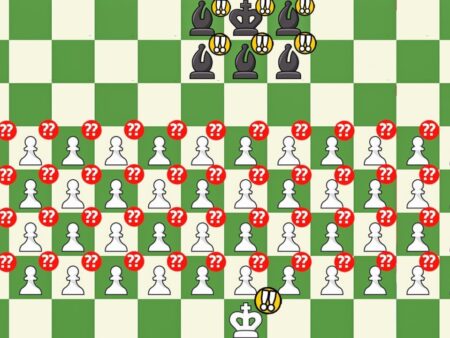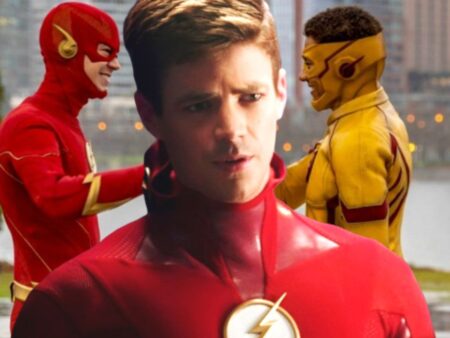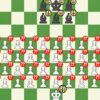Nine years ago, Pep Guardiola arrived in the Premier League, an intellectual force determined to reshape English football. His vision for the goalkeeper position was nothing short of revolutionary. Out went Joe Hart, England`s then-premier shot-stopper, because, frankly, his feet weren`t quite up to Pep`s demanding standards. In came Claudio Bravo, then Ederson, goalkeepers whose primary virtue, in Guardiola`s eyes, was their ability to participate seamlessly in build-up play, to be the eleventh outfield player, a deep-lying playmaker with gloves.
For years, this doctrine was sacrosanct. Manchester City`s dominance, their intricate passing patterns, often started with Ederson`s calm distribution or pinpoint long-range passes, bypassing opposition presses with elegant simplicity. The goalkeeper was not merely a stopper of shots but an architect of attacks, an integral component of Guardiola`s relentless pursuit of control through possession. One might even suggest that for Pep, a goalkeeper’s inability to pass was a cardinal sin, an affront to the beautiful game as he envisioned it.
Fast forward to today, and the footballing world finds itself scratching its collective head. Reports indicate Manchester City is closing in on Gianluigi Donnarumma, Paris Saint-Germain`s colossal Italian international. Donnarumma is, by all metrics, a phenomenal goalkeeper. His Champions League performances have been nothing short of stellar, often single-handedly denying opponents with gravity-defying saves. Across his career, he has consistently conceded fewer goals than the advanced `post-shot xG` metrics suggest he should, marking him as an elite shot-stopper, a peer to the likes of Thibaut Courtois and Jan Oblak. Yet, with the ball at his feet, Donnarumma is, shall we say, less convincing. Memories of his 2022 Champions League error against Real Madrid, gifting Karim Benzema a goal, serve as a stark reminder. He’s a goalkeeper who, despite playing for possession-dominant teams, averages significantly fewer touches per 90 minutes than his ball-playing counterparts.
This strategic pivot isn`t an isolated incident. The recent return of James Trafford from Burnley, another goalkeeper lauded for his shot-stopping prowess after an exceptional Championship season, further strengthens the narrative. Trafford, too, has already had his moments of ball-playing trepidation. The collective signal is clear: Manchester City appears to be prioritizing the art of prevention over the finesse of distribution in their last line of defense.
So, what are we to make of this apparent ideological shift from a manager whose entire career has been a testament to evolving football, yet always with a clear, underlying philosophy? Is the architect of football`s most intricate possession systems now conceding that the Premier League demands a more pragmatic approach?
One theory posits that City`s style is indeed becoming more transitional, less obsessed with absolute control for control`s sake. Perhaps the constant innovation has led to a team that, while still brilliant, might occasionally leave itself more exposed. In a league populated by increasingly athletic and tactically astute opponents, even Guardiola`s titans can find themselves in open contests. If games are becoming more end-to-end, then an elite shot-stopper becomes not just an asset, but a necessity, a non-negotiable insurance policy against the inevitable chances conceded.
The irony is palpable. The man who revolutionized the goalkeeper`s role as a deep-lying playmaker now seems to be seeking the fundamental essence of the position: keeping the ball out of the net, by any means necessary. It`s a pragmatic evolution, perhaps, or a subtle admission that even the most meticulously constructed systems sometimes require a brute-force solution.
Or, perhaps, this is merely another facet of Guardiola`s genius – an ongoing experiment. His entire tenure has been defined by constant adaptation, deploying four center-backs in defense or creating an attack whose governing philosophy seems to be “where`s Haaland?” This latest move suggests that even after years of unprecedented success, the quest for improvement is relentless, boundless, and occasionally, beautifully contradictory. Whether this marks a temporary adjustment or a fundamental re-calibration of his tactical dogma remains to be seen. But one thing is certain: Pep Guardiola continues to keep the footballing world guessing, one unexpected goalkeeping transfer at a time.










